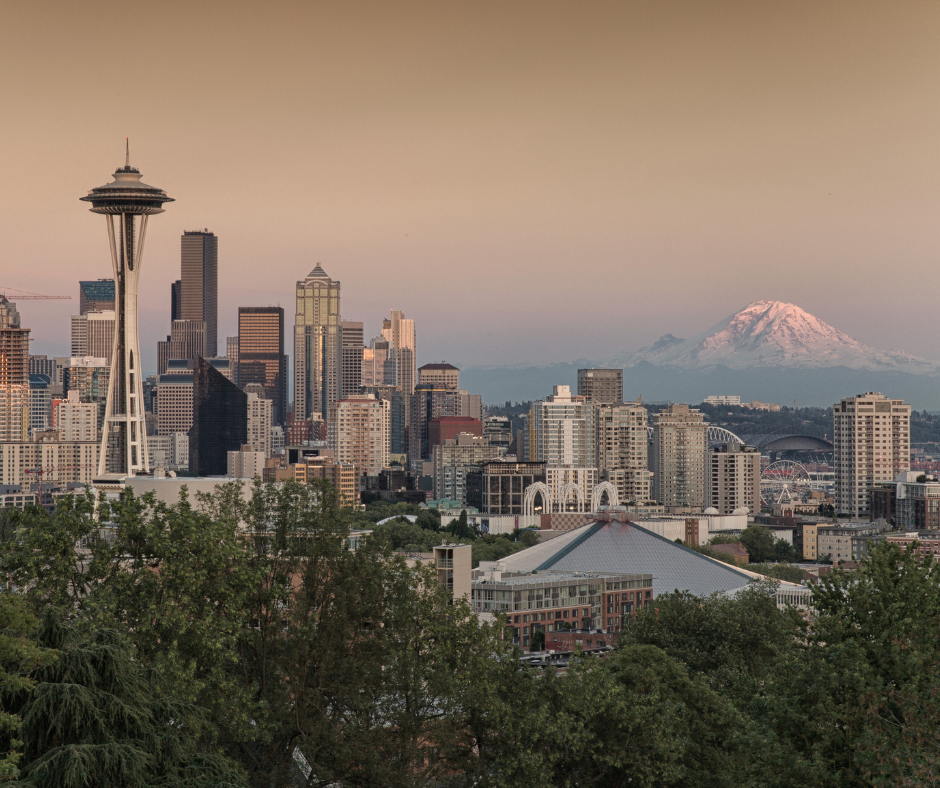
Can Foreigners Buy Property in Canada? What Americans Should Know.
Summary
Buying property in Canada offers American buyers an attractive option due to the country’s high quality of life, stable economy, and beautiful landscapes. This guide provides essential information on legal considerations, area-specific taxes, investment opportunities, and popular locations. Key points include the need for thorough research, understanding tax implications, engaging professionals for assistance, and navigating the buying process smoothly. Whether seeking an investment property, a vacation home, or a place to retire, this guide helps you make informed decisions about purchasing property in Canada.
Reflection Questions
- What are the most important factors for you when choosing a property location in Canada (e.g., urban centers, resort areas, rural/coastal regions)?
- How do you plan to manage the financial aspects of buying property in Canada, including mortgage options, taxes, and additional costs?
- What steps will you take to ensure you comply with Canadian legal requirements and regulations for foreign property buyers?
Journal Prompt
Reflect on why Canada appeals to you as a potential location for property ownership. Consider the aspects of Canada’s quality of life, healthcare system, education opportunities, and natural beauty that resonate with you. Write about how the diverse landscapes, cultural richness, and proximity to the United States influence your decision. Think about the specific regions or cities in Canada that attract you and how living or investing there aligns with your personal and financial goals. What are the emotional and practical reasons behind your interest in buying property in Canada?
Given the country’s high quality of life, stable economy, and breathtaking landscapes, buying property in Canada is an enticing prospect for many Americans. Whether you’re looking for a vacation home, a profitable investment property, or a place to eventually retire, Canada offers a diverse range of options. From property taxes to regulations affecting foreign investors, read on for everything a non Canadian citizen needs to know about purchasing residential property in The Great White North.
Why Americans Are Packing Up and Moving to Canada
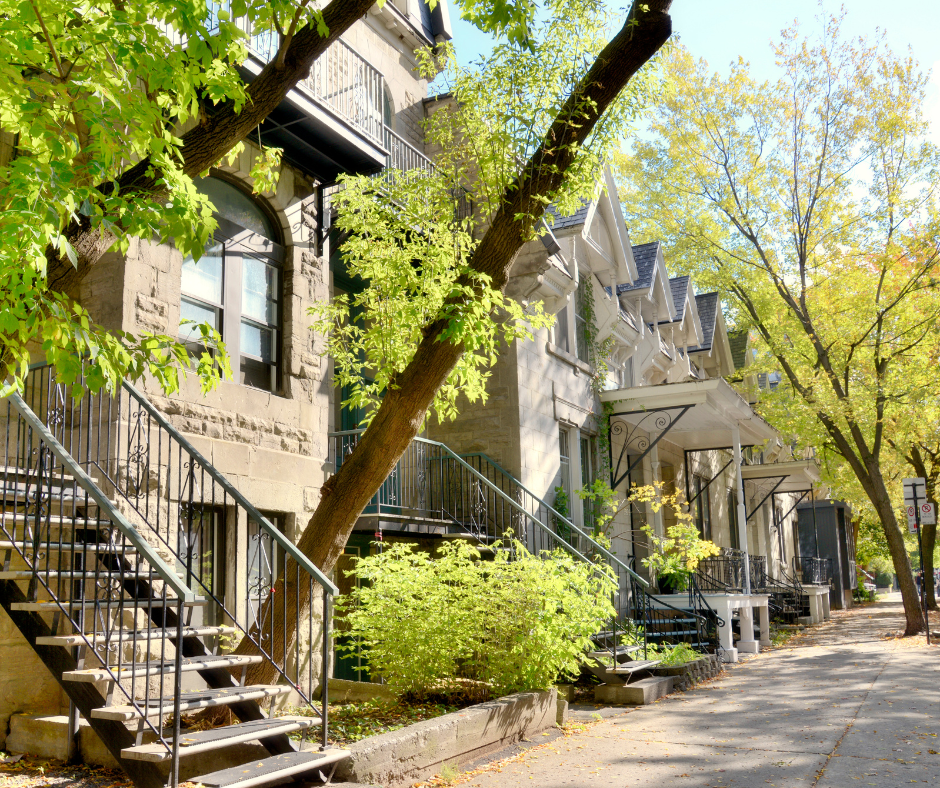
Canada is often touted for its exceptional quality of life, which makes it an attractive destination for property buyers. The country boasts a world-class healthcare system that is accessible and efficient, ensuring residents receive top-notch medical care. Canada’s education system is well-regarded, with numerous top-ranking universities and schools providing excellent opportunities for students. The country’s emphasis on safety, environmental sustainability, and social inclusiveness further contributes to its high living standards, offering a peaceful and welcoming environment for residents.
Investment Opportunities
Investing in Canadian real estate presents numerous financial benefits, making it a lucrative opportunity for American buyers. The Canadian property market has shown consistent growth over the years, with property values appreciating steadily. This trend offers the potential for significant capital gains for investors.
The strong rental market in many Canadian cities provides a reliable source of rental income. With a stable economy and a growing population, the demand for housing remains robust, ensuring a positive outlook for real estate investments in Canada.
Outdoorsy Lifestyle and Proximity to the US
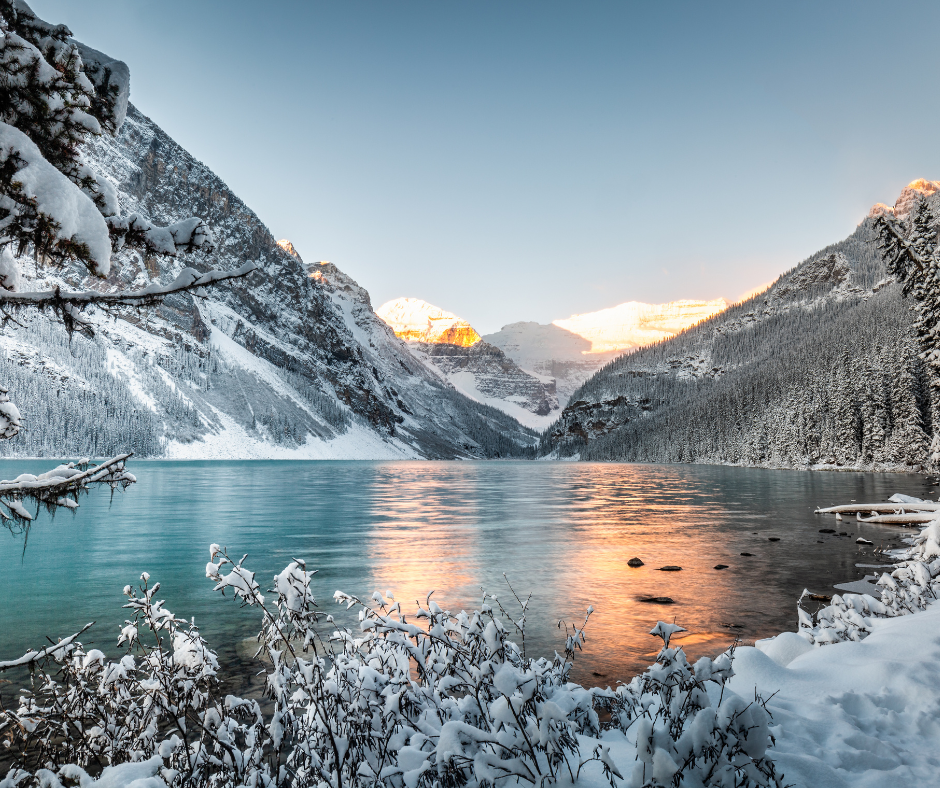
Canada’s diverse and stunning landscapes, vibrant cities, and cultural richness make it a desirable location for property buyers seeking a high-quality lifestyle. From the bustling urban centers of Toronto and Vancouver to the serene beauty of the Rocky Mountains and coastal regions, Canada offers a wide range of living environments to suit different preferences.
The country’s close proximity to the United States makes it convenient for American buyers. With frequent flights and easy access by road, travel between the two countries is seamless, allowing for effortless visits and the potential for short-term stays or long-term relocation.
Popular Locations for American Buyers
Canada offers a diverse range of locations that appeal to American property buyers, each with unique characteristics and attractions. From bustling urban centers to serene resort areas and picturesque rural and coastal properties, Canada provides an array of options to suit various preferences and lifestyles. Understanding the distinct features of these regions can help potential buyers make informed decisions about where to invest.
Urban Centers
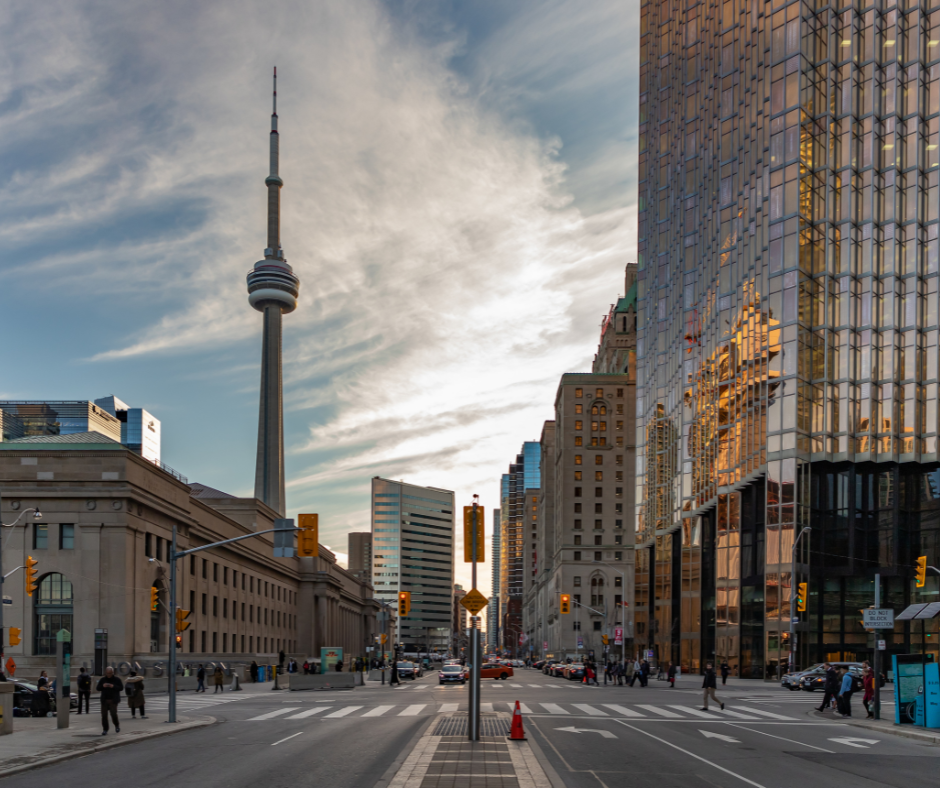
Urban centers in Canada, such as Toronto, Vancouver, and Montreal, are highly popular among American buyers due to their vibrant culture, economic opportunities, and modern amenities. Toronto, the largest city in Canada, is known for its diverse population, thriving arts scene, and robust job market. Vancouver, with its stunning coastal views and mild climate, attracts those who appreciate a mix of urban living and natural beauty. Montreal, renowned for its rich history and bilingual culture, offers a unique blend of European charm and North American dynamism. These cities provide a cosmopolitan lifestyle with access to world-class dining, entertainment, and education.
Resort Areas
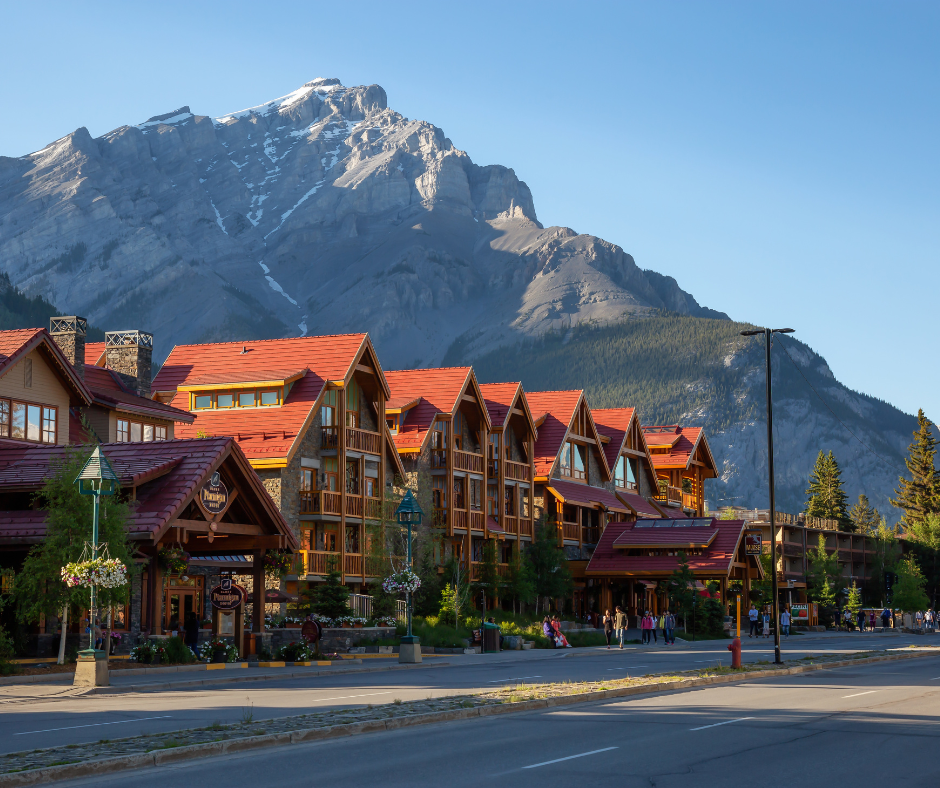
For those seeking a more relaxed and scenic environment, Canada’s resort areas like Whistler, Banff, and the Canadian Rockies are ideal destinations. Whistler, famous for its world-class ski slopes and outdoor activities, is a year-round playground for adventure enthusiasts. Banff, located in the heart of the Canadian Rockies, offers breathtaking landscapes, luxury resorts, and numerous recreational opportunities, making it a prime location for vacation homes. These resort areas not only provide an escape from the hustle and bustle of city life but also offer lucrative rental opportunities for investors looking to capitalize on the tourism industry.
Rural and Coastal Properties

In addition to urban and resort areas, Canada’s charming rural and coastal regions are increasingly attractive to American buyers. Coastal properties along the Atlantic provinces, such as Nova Scotia and Prince Edward Island, boast stunning ocean views, quaint towns, and a slower pace of life. Rural areas in provinces like Ontario and British Columbia offer expansive landscapes, agricultural opportunities, and a close-knit community atmosphere. These regions are perfect for those seeking tranquility, space, and a connection to nature, all while maintaining access to essential services and amenities.
Everything You Need to Know About Buying Property in Canada
Canada, affectionately known as “The Great White North,” offers a diverse and dynamic real estate market. Whether you’re considering a bustling urban environment or a serene rural setting, this is your comprehensive guide to purchasing property in Canada. From understanding the intricacies of market trends and legal requirements to exploring financing options and practical tips for finding the ideal property, we will equip you with all the essential knowledge to make informed and confident real estate decisions in Canada. Let’s get into it!
Legal Considerations
Buying an investment property or residence in Canada involves understanding the legal landscape to ensure a smooth transaction. You’ll need to familiarize yourself with the local real estate laws, the role of notaries or lawyers in the transaction process, and ensuring that all legal documents are properly reviewed and executed. It’s also important to be aware of the consumer protection laws that apply to real estate transactions, which vary by province. Working with a local real estate lawyer can help you navigate the legal requirements.
Foreign Ownership Laws
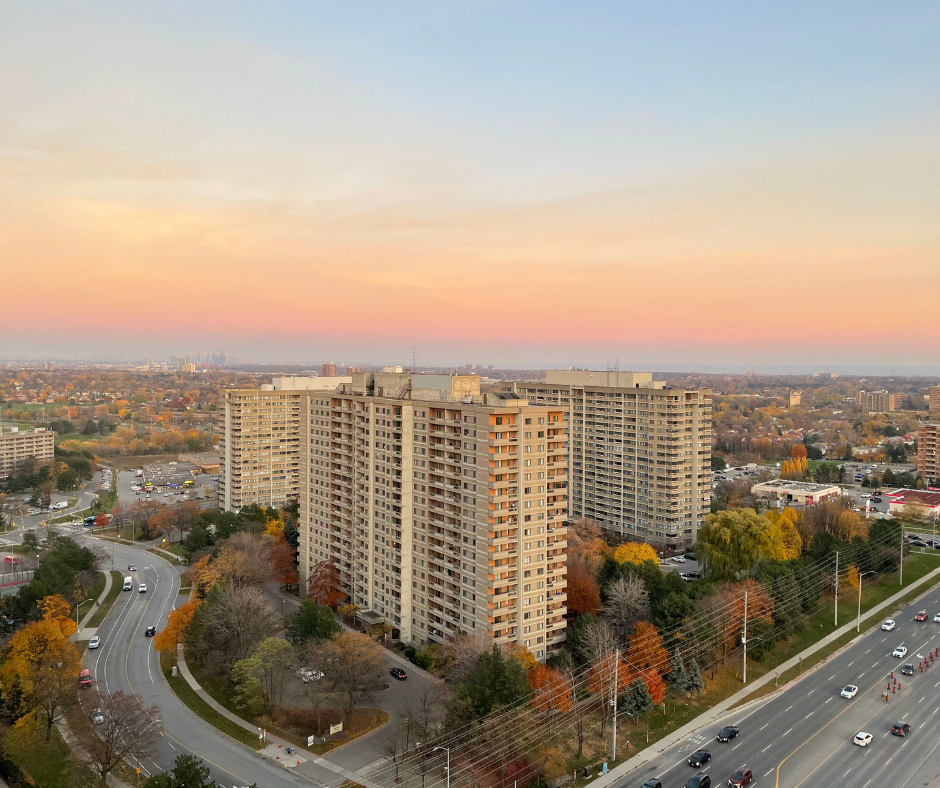
Foreign ownership laws in Canada allow non-residents and non Canadian citizens to purchase property, but there are specific regulations and processes to follow. Non-residents are generally permitted to buy residential property, although some provinces may have additional rules or taxes that apply to foreign buyers. It’s crucial to understand these laws to avoid any legal complications or unexpected costs during the purchase process.
Restrictions and Regulations
Certain provinces in Canada impose restrictions on foreign property ownership. For example, British Columbia and Ontario have implemented foreign taxes on buying residential properties to cool the housing market. Additionally, there might be limitations on purchasing agricultural land or properties near national borders. Prospective buyers should research provincial regulations to ensure compliance and to factor in any additional costs associated with these restrictions.
Fuel your creative fire & be a part of a supportive community that values how you love to live.
subscribe to our newsletter
*please check your Spam folder for the latest DesignDash Magazine issue immediately after subscription

Tax Implications
Foreign property owners in Canada are subject to various taxes, including land transfer taxes and property taxes, which are paid annually to the local municipality. Additionally, if the property generates rental income, owners must report this income and may be subject to Canadian income tax. Upon selling the property, capital gains tax may apply to the profit earned from the sale. It’s advisable to consult with a tax professional to understand all tax obligations and to plan accordingly.
When purchasing taxable Canadian property, it’s essential to be aware of the various area-specific taxes that may apply. These taxes can significantly impact the overall cost of acquiring property and vary by province and municipality. Below are a few examples.
Ontario Land Transfer Tax
In Ontario, buyers are required to pay a land transfer tax when purchasing property. This tax is calculated based on the purchase price of the property and is structured as follows.
- 0.5% on the first $55,000
- 1.0% on the portion between $55,000 and $250,000
- 1.5% on the portion between $250,000 and $400,000
- 2.0% on the portion between $400,000 and $2,000,000
- 2.5% on any amount above $2,000,000 for residential properties
Toronto Land Transfer Tax
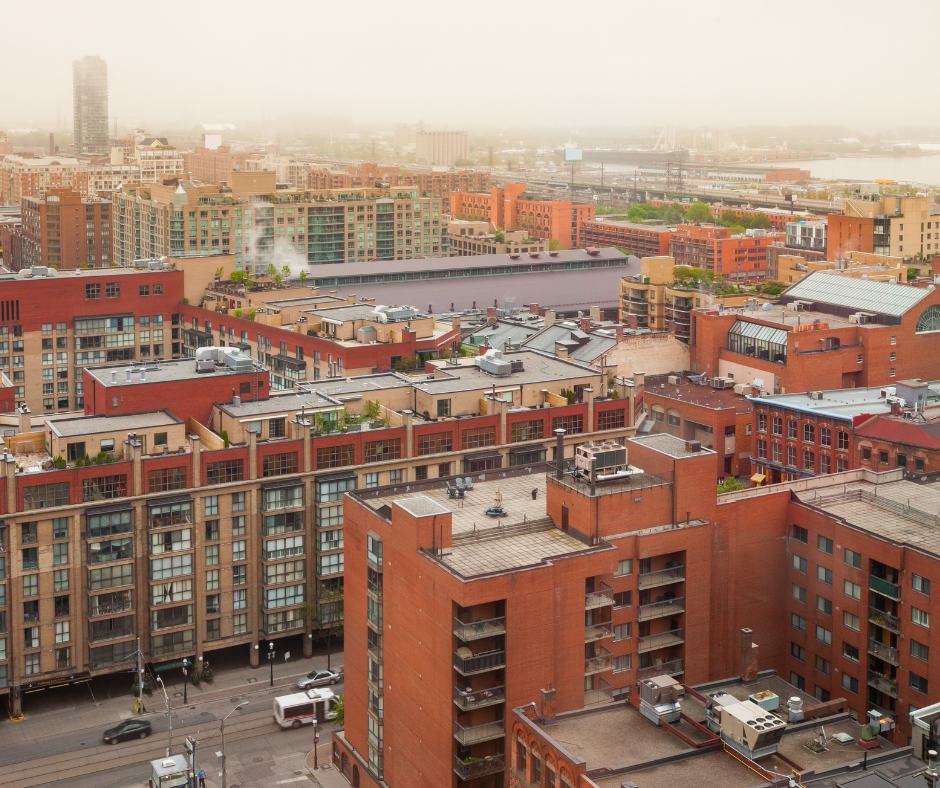
In addition to the provincial land transfer tax, buyers purchasing property in Toronto are also subject to a municipal land transfer tax. The rates are similar to those of the Ontario Land Transfer Tax.
- 0.5% on the first $55,000
- 1.0% on the portion between $55,000 and $250,000
- 1.5% on the portion between $250,000 and $400,000
- 2.0% on the portion between $400,000 and $2,000,000
- 2.5% on any amount above $2,000,000 for residential properties
Foreign Buyers Tax
Certain provinces, such as British Columbia and Ontario, impose an additional tax on foreign buyers. Known as the Foreign Buyers Tax or Non-Resident Speculation Tax (NRST), this tax is an extra 15-20% of the purchase price, depending on the region. In Ontario, the NRST is currently set at 25% and applies to the purchase or acquisition of residential property by individuals who are not citizens or permanent residents of Canada.
British Columbia Property Transfer Tax
In British Columbia, the Property Transfer Tax is also tiered based on the property’s fair market value.
- 1.0% on the first $200,000
- 2.0% on the portion between $200,000 and $2,000,000
- 3.0% on the portion over $2,000,000
- An additional 2% on the portion over $3,000,000 for residential properties
Financial Considerations
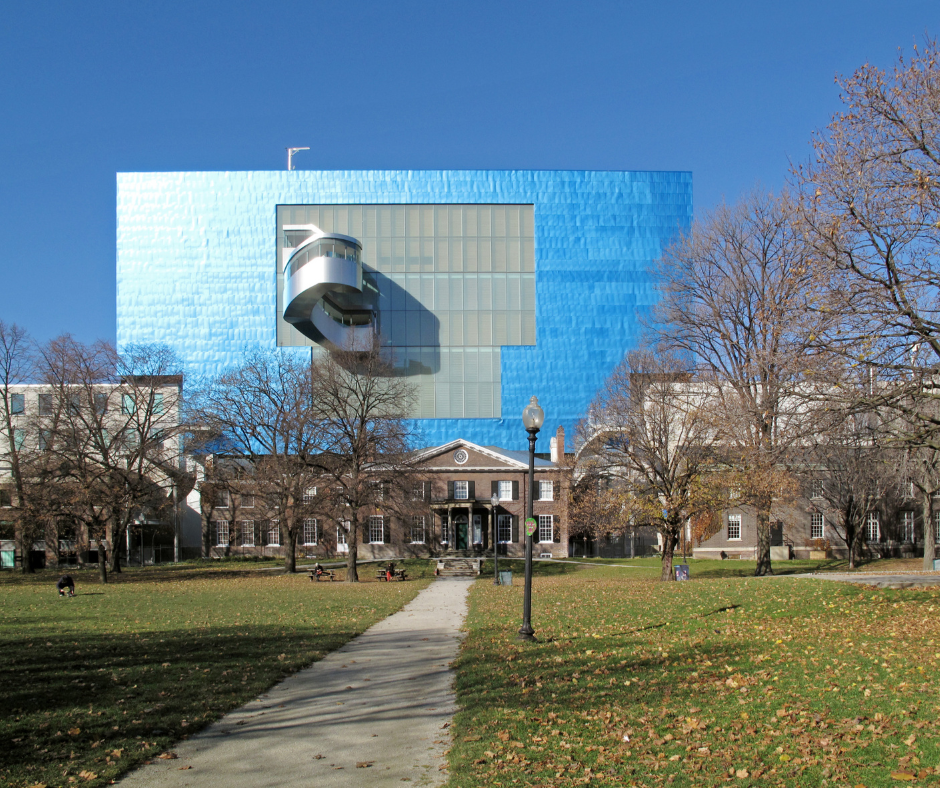
Non-residents who are buying residential property in Canada can access various mortgage options, though requirements and terms set by Canadian banks and other lenders can differ from those for Canadian residents. Canadian banks typically require a larger down payment, often around 35% of the purchase price, and may have stricter documentation requirements to verify income and creditworthiness.
Interest rates for non-residents might be slightly higher, reflecting the perceived risk by your new Canadian bank. It’s essential to consult with financial institutions to understand the specific criteria and find the best mortgage rates available.
Currency Exchange
The exchange rate between the buyer’s home currency and the Canadian dollar can significantly impact the total cost of purchasing property in Canada. Fluctuations in exchange rates can either increase or decrease the amount of money needed to buy a property. It’s important for buyers to monitor exchange rates and possibly use services that allow them to lock in favorable rates. Proper timing in currency conversion can save a considerable amount of money, making the overall investment more cost-effective.
Costs and Fees
In addition to the purchase price, buyers should budget for various additional costs. These include property transfer taxes, which vary by province, legal fees for the services of a notary or lawyer, and ongoing maintenance costs such as property management, repairs, and utilities. Buyers should also consider the cost of home inspections and potential renovations. Understanding and planning for these expenses is crucial to avoid financial surprises and ensure a smooth purchasing process.
Navigating the Buying Process

Buying property in Canada as an American is a detailed process that requires careful planning and consideration. By following a structured approach, you can navigate the complexities of the real estate market and make informed decisions that align with your goals and preferences. This section outlines the essential steps involved in purchasing property, from initial research to finalizing the deal.
Research: Choosing the Right Location and Type of Property
The first step in the buying process is conducting thorough research to choose the right location and type of property. Consider factors such as proximity to amenities, the neighborhood’s safety, potential for property value appreciation, and your personal lifestyle preferences. Whether you’re looking for a bustling urban environment, a serene rural retreat, or a scenic coastal property, identifying the ideal location is crucial. Additionally, decide on the type of property that best suits your needs, whether it’s a condominium, single-family home, or investment property.
Hire Professionals: Importance of Engaging a Real Estate Agent, Lawyer, and Possibly a Financial Advisor
Once you have a clear idea of your desired location and property type, it’s essential to hire professionals who can guide you through the purchasing process. Engaging a reputable real estate agent with local market knowledge can provide invaluable insights and access to property listings.
Additionally, hiring a real estate lawyer ensures that all legal aspects of the transaction are handled correctly, protecting your interests. A financial advisor can also be beneficial, especially if you need assistance with financing options and understanding the financial implications of your investment.
Property Search and Offer: Tips for Finding Properties, Making Offers, and Negotiating
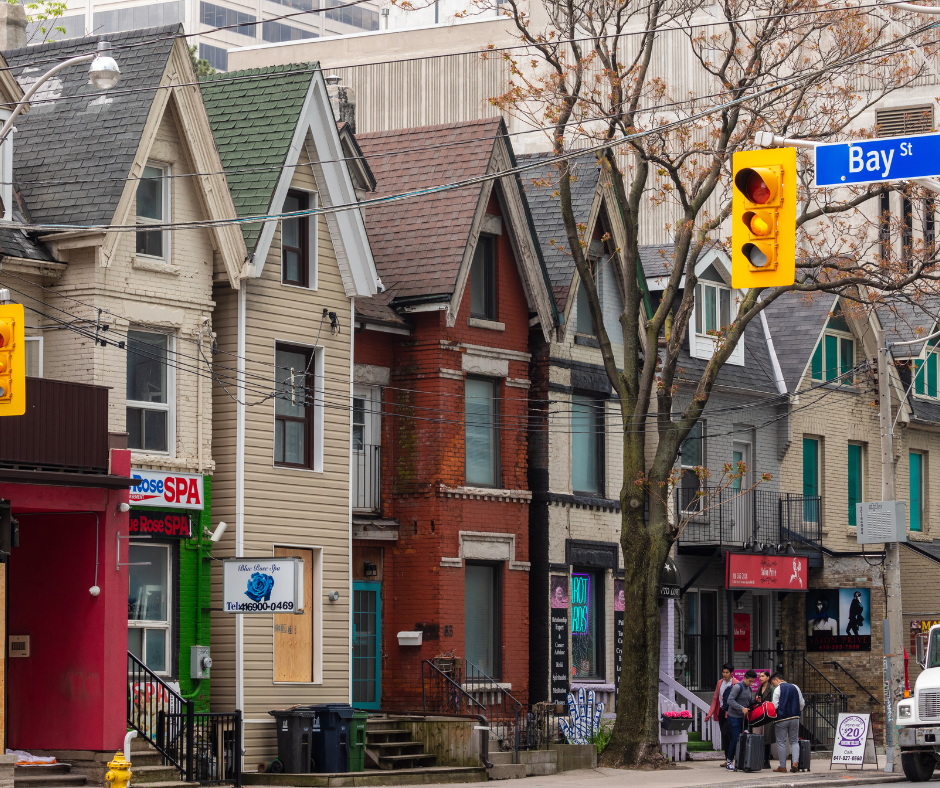
With your team of professionals in place, you can begin the property search and make offers. Utilize your real estate agent’s expertise to find properties that meet your criteria and budget. When you identify suitable Canadian properties, make a competitive offer based on market conditions and comparable sales. Negotiating with the seller is a critical part of this step, and your agent can help you navigate this process to achieve the best possible terms.
Due Diligence: Conducting Inspections, Title Searches, and Other Essential Checks
After reaching an agreement with the seller, it’s time to conduct due diligence. This phase involves comprehensive inspections to assess the property’s condition, identifying any potential issues that may require attention. A title search is also essential to ensure there are no legal encumbrances or disputes associated with the property. Completing these checks provides peace of mind and prevents future complications.
Closing the Deal: Finalizing the Purchase, Transferring Funds, and Registering the Property
Finally, closing the deal involves finalizing the purchase, transferring funds, paying closing costs, and registering the property in your name. Your lawyer will play a pivotal role in ensuring all legal documents are correctly executed and that the transfer of ownership is seamless. Once the deal is closed, and the funds are transferred, you can officially take possession of your new property and begin enjoying the benefits of your investment.
Answering All Your FAQs About Buying Canadian Property as an American
Do I need to be a resident or citizen of Canada to buy property there?
No, Americans do not need to be residents or citizens of Canada to purchase property. You can buy property as a non-resident.
Can I live in Canada if I own property there?
Owning property in Canada does not grant any special immigration or residency privileges. You will need to comply with Canadian immigration laws and visa requirements for extended stays.
Can I get a mortgage from a Canadian bank as a non-resident?
Yes, Americans can obtain mortgages from Canadian banks, but the terms might differ from those offered to Canadian residents. Non-residents typically need to provide a larger down payment, around 35% or more of the property’s value.
What documents will I need to secure a mortgage in Canada as a non-resident?
You will generally need to provide proof of income, credit history, identification, and details of the property you intend to purchase.
Are there additional taxes for non-resident property buyers in Canada?
Yes, non-resident buyers might be subject to additional taxes. For example, provinces like British Columbia and Ontario impose a Foreign Buyers Tax (Non-Resident Speculation Tax) on real estate purchases by foreign nationals.
Do I have to pay property taxes in Canada if I am a non-resident owner?
Yes, as a property owner, you will be required to pay property taxes regardless of your residency status.
Are there any restrictions on the type of property I can buy as an American?
Generally, there are no restrictions on the type of property you can buy. However, some provinces have regulations on the amount of land non-residents can own, particularly in rural areas and regarding agricultural land.
Can I buy agricultural land in Canada as a non-resident?
It depends on the province. Some provinces have restrictions on non-residents purchasing agricultural land, so it’s important to check the specific regulations of the area you are interested in.
What additional costs should I expect when buying property in Canada?
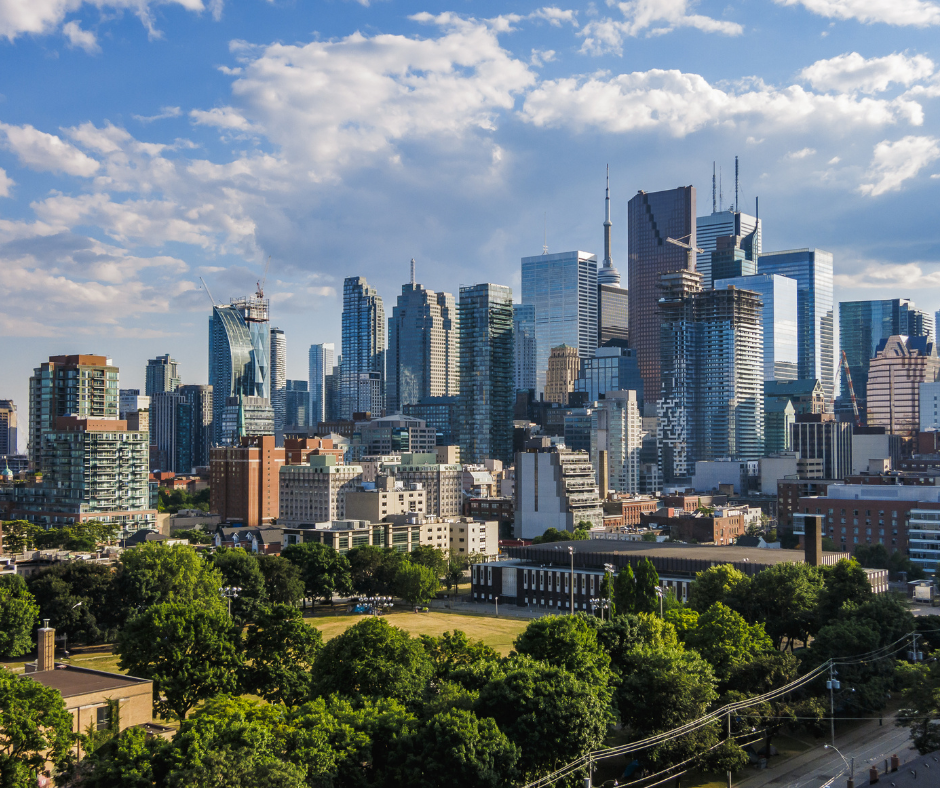
Buyers should be prepared for closing costs, legal fees, and property transfer taxes. It’s advisable to hire a real estate lawyer to help navigate these processes.
How much are the closing costs in Canada for non-resident buyers?
Closing costs can vary but generally include legal fees, land transfer taxes, and potential inspection fees. They can range from 1.5% to 4% of the purchase price.
Can I rent out my Canadian property if I am a non-resident?
Yes, you can rent out your property. However, you will need to comply with Canadian tax laws and may be required to file tax returns in Canada for the rental income.
What are the tax implications of earning rental income from my Canadian property?
Rental income earned from a property in Canada is subject to Canadian taxes, and you will need to report this income and potentially file a Canadian tax return.
Fuel your creative fire & be a part of a supportive community that values how you love to live.
subscribe to our newsletter
*please check your Spam folder for the latest DesignDash Magazine issue immediately after subscription

Does owning property in Canada allow me to get a visa or residency?
No, owning property in Canada does not provide any special privileges regarding immigration or residency status. You will need to adhere to Canadian immigration laws and visa requirements.
Can I stay in my Canadian property for extended periods without a visa?
You will need to follow Canadian immigration laws, which typically allow Americans to stay for up to six months without a visa. For longer stays, a visa or other permits will be required.
How can I manage my Canadian property from the United States?
Managing a property from another country can be challenging. Many non-resident owners hire property management companies to handle maintenance, tenant issues, and other responsibilities.
What services do property management companies offer for non-resident owners?
Property management companies can handle a variety of tasks, including maintenance, tenant screening, rent collection, and emergency repairs.
Final Thoughts on Buying Property in Canada as an American
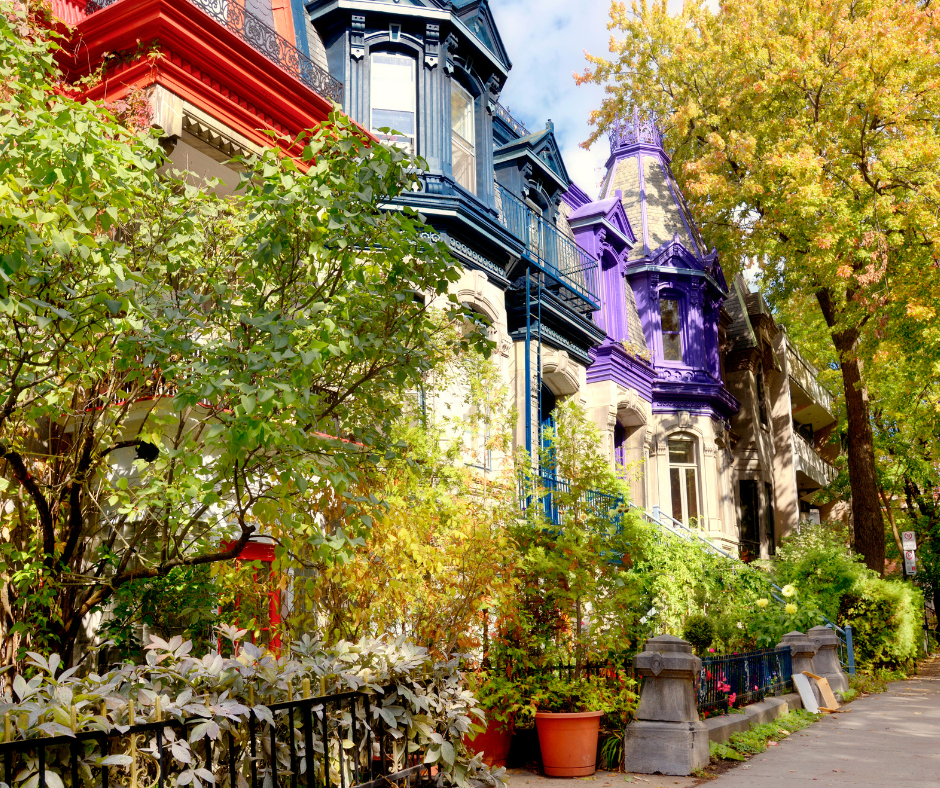
Before buying property up North, we encourage you to conduct thorough research, clearly define your goals, and carefully consider your options to find the perfect location. Whether you’re seeking a profitable investment property, a vacation home, or a place to settle down, understanding the nuances of the Canadian real estate market and area-specific taxes can make a big difference. Take the time to explore different regions, engage with local professionals, and ensure that every step you take aligns with your financial and lifestyle objectives. With careful planning and informed decisions, you can achieve your real estate aspirations and enjoy all the benefits that owning property in Canada has to offer.







